২১ ফাল্গুন ১৪৩২
Trump Signs Executive Order Targeting Flag Burning, Sparks Legal and Civil Rights Debate
27 August 2025 21:08 PM
NEWS DESK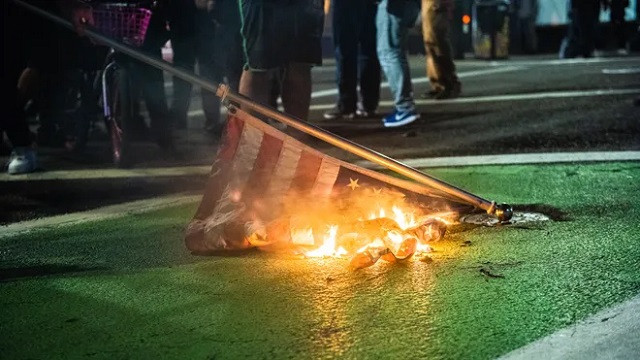
President Donald Trump has issued an executive order directing federal agencies to take tougher actions against flag burning. The order specifically calls for visa cancellation if the act is committed by an immigrant. However, just hours after the order was announced, a protester set fire to an American flag across from the White House.
According to an AFP report, the protester burned the flag in direct defiance of Trump’s order. The individual was arrested from Lafayette Square, though not for violating the executive order or for flag burning itself. Instead, he was charged under an existing law prohibiting fires in federal parks.
The legality of flag burning has long been established. In a landmark 1989 decision, the U.S. Supreme Court ruled that flag desecration is protected under the First Amendment as a form of symbolic speech. That case stemmed from a 1984 incident when activist Gregory Lee Johnson burned a flag outside the Republican National Convention in protest of nuclear arms and party policies. Johnson was sentenced to a year in prison and fined $2,000 under a Texas law, but the Supreme Court overturned the conviction in a narrow 5-4 ruling.
Justice William J. Brennan Jr., writing for the majority, stated, “Punishing desecration of the flag dilutes the freedom that this cherished emblem represents.”
Following the ruling, flag desecration laws in 48 states were struck down.
Trump's executive order does not directly challenge the Supreme Court ruling. Instead, it encourages the Justice Department to explore legal avenues where existing laws could be used to prosecute related offenses — such as inciting violence, property destruction, or public disorder. The order also gives Attorney General Pam Bondi authority to identify cases that could potentially prompt the Court to reconsider its stance.
The executive order could have serious implications for immigrants, as it links flag burning to visa revocation and potential deportation if tied to broader criminal activity.
Legal experts, however, stress that flag burning alone remains constitutionally protected. Penalties can only be applied if additional criminal acts — like rioting or vandalism — are involved. Civil liberties groups are expected to challenge the order in court, arguing it threatens free speech.
Flag desecration remains a politically charged issue. During his first term, Trump unsuccessfully proposed a constitutional amendment to criminalize flag burning. Recently, he stated that flag burning “incites riots” and offenders should face up to one year in prison — a view that resonates strongly with his political base.
With a conservative majority now in the Supreme Court, including three justices appointed by Trump, any new legal challenge over flag burning could have a different outcome than the 1989 ruling.





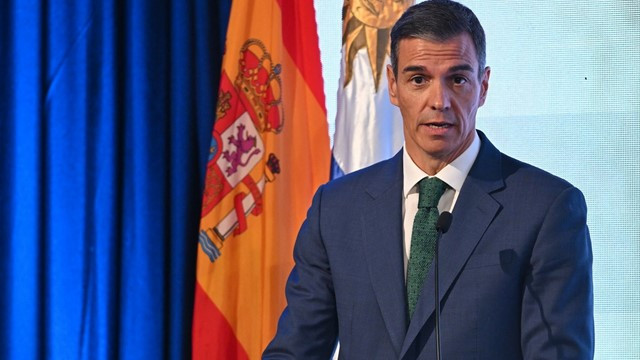

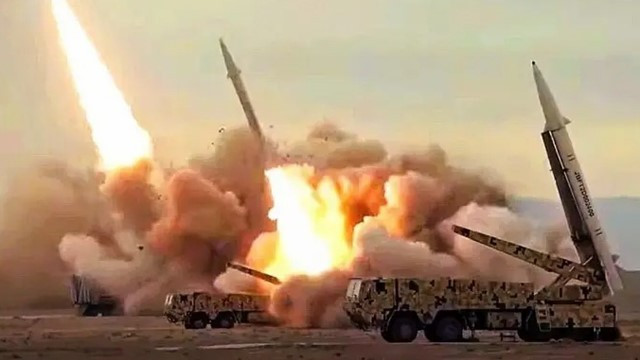
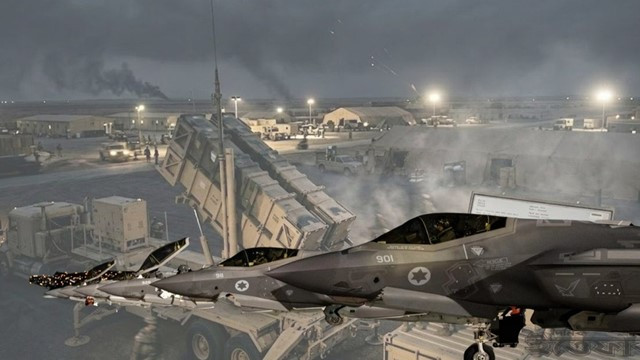

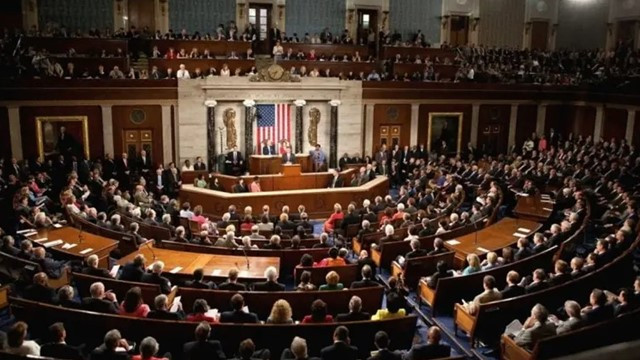
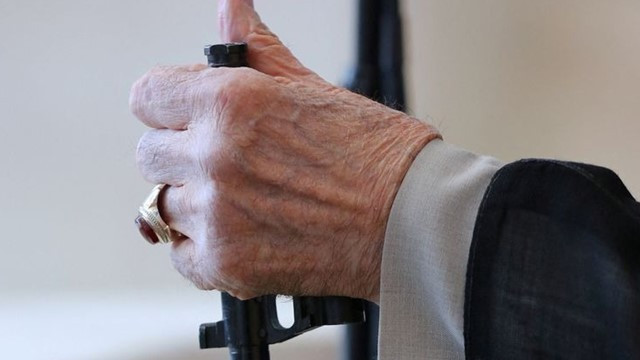



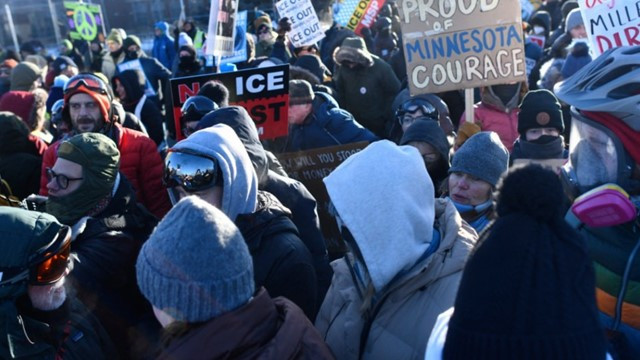
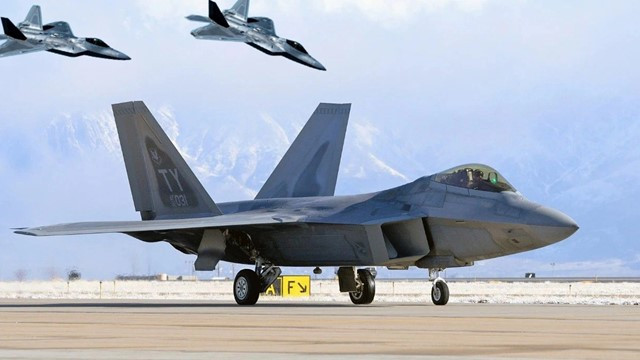
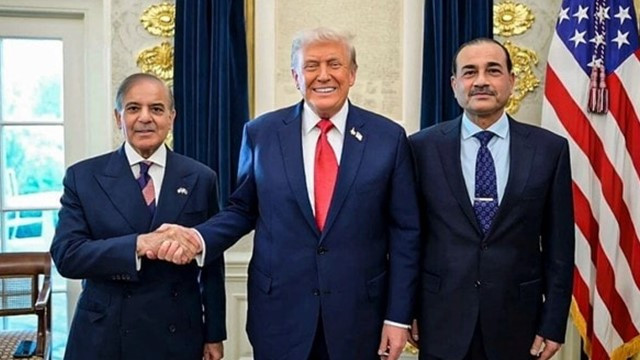
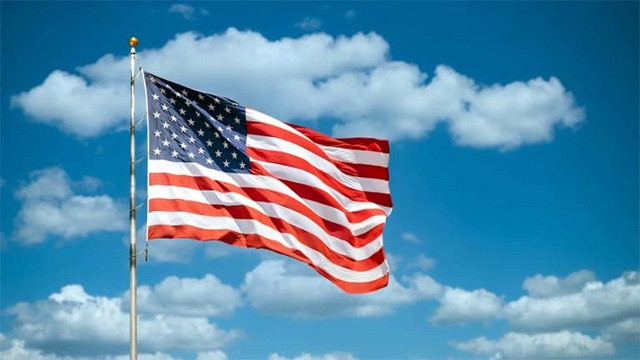
Comments Here: